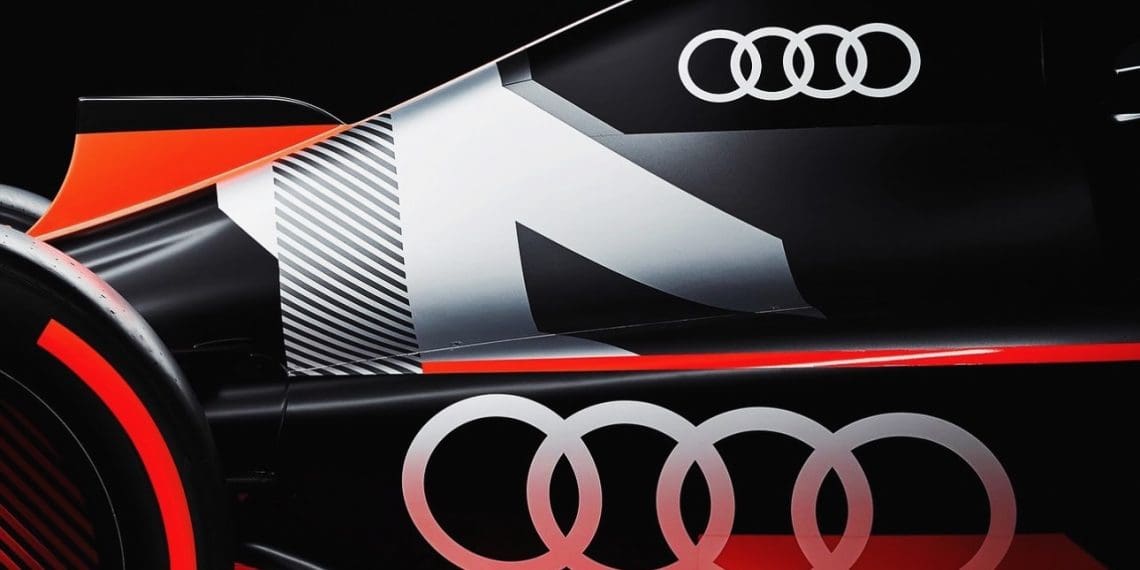Audi’s ambitious plans to enter Formula 1 in 2026 could be headed for a major shift, as Qatar is reportedly close to acquiring a significant stake in the project. Veteran F1 journalist Joe Saward revealed that Qatar’s investment—rumored to be up to €1 billion—may lead to a name change for Audi’s F1 team, as well as potential modifications to the team’s strategy, including a possible halt to Audi’s in-house engine program.
Audi’s entry into F1 was seen as a historic move for the sport, aligning with the upcoming 2026 regulations that eliminate the MGU-H (a component deemed irrelevant for road cars) in a bid to attract new manufacturers. Audi’s approach was bold, with the German automaker purchasing a majority stake in Sauber to form its own works team, while Porsche’s talks with Red Bull fell through, and Red Bull ultimately partnered with Ford instead.
However, Audi’s progress has been clouded by recent changes and economic woes within the Volkswagen Group, which owns Audi. Key leadership exits, including CEO Andreas Seidl and Chairman Oliver Hoffmann, have fueled uncertainty about the project’s stability. Former Ferrari boss Mattia Binotto has stepped in as Chief Operating Officer and Chief Technical Officer, while Red Bull’s Jonathan Wheatley was hired as team principal.
In the driver lineup, experienced F1 driver Nico Hulkenberg and rising F2 leader Gabriel Bortoleto were signed to represent Audi on the track in 2026, but potential financial challenges could impact these long-term plans. Reports indicate that VW, currently navigating economic downturns and planning layoffs of up to 30,000 employees, may be unable to fund the Audi F1 venture at the level originally anticipated.
With Qatar already holding a 17% stake in VW Group and backing Formula 1 via its sponsorship deals and a decade-long contract to host the Qatar Grand Prix, the country’s interest in expanding its influence in F1 appears aligned with its broader goals. Sources suggest that Qatar is poised to finalize the deal soon, with an announcement likely before the Qatar Grand Prix on December 1.
The stakes are high, as any ownership shift could lead to a rebranding of Audi’s F1 team. Saward has speculated that Audi might even abandon its in-house engine program, depending on Qatar’s level of control. The German marque responded predictably to the rumors, stating, “As a matter of principle, we do not comment on speculation.”
If Qatar’s stake materializes, it would underscore how F1’s regulatory concessions to attract new manufacturers may not be enough to overcome the financial pressures facing some of these entrants. Ford’s partnership with Red Bull is partial rather than full-fledged, and Audi remains the only fully committed new manufacturer. Yet, Audi’s challenges suggest that even ambitious manufacturers are encountering obstacles before they’ve put a single car on the grid.
As the Formula 1 world watches closely, Qatar’s potential ownership shift may be transformative for Audi’s 2026 debut, shaping the team’s branding, operations, and overall role in the sport.










